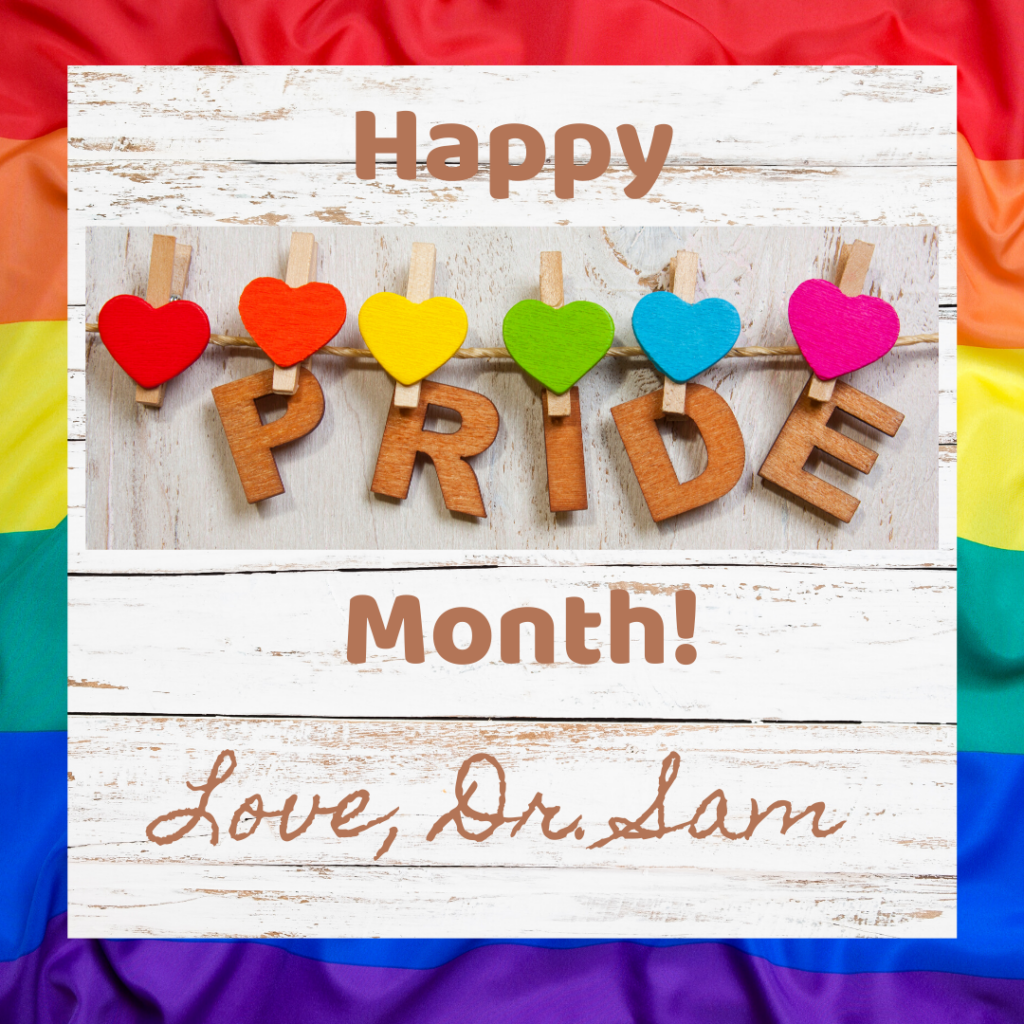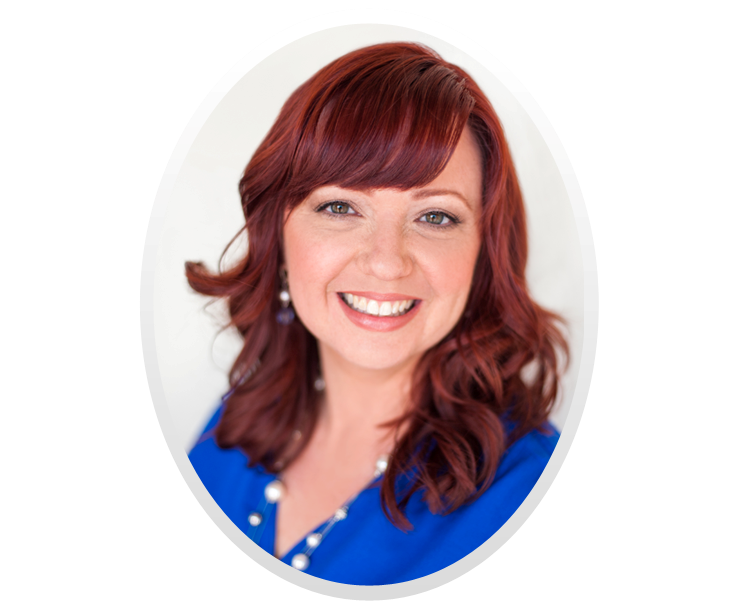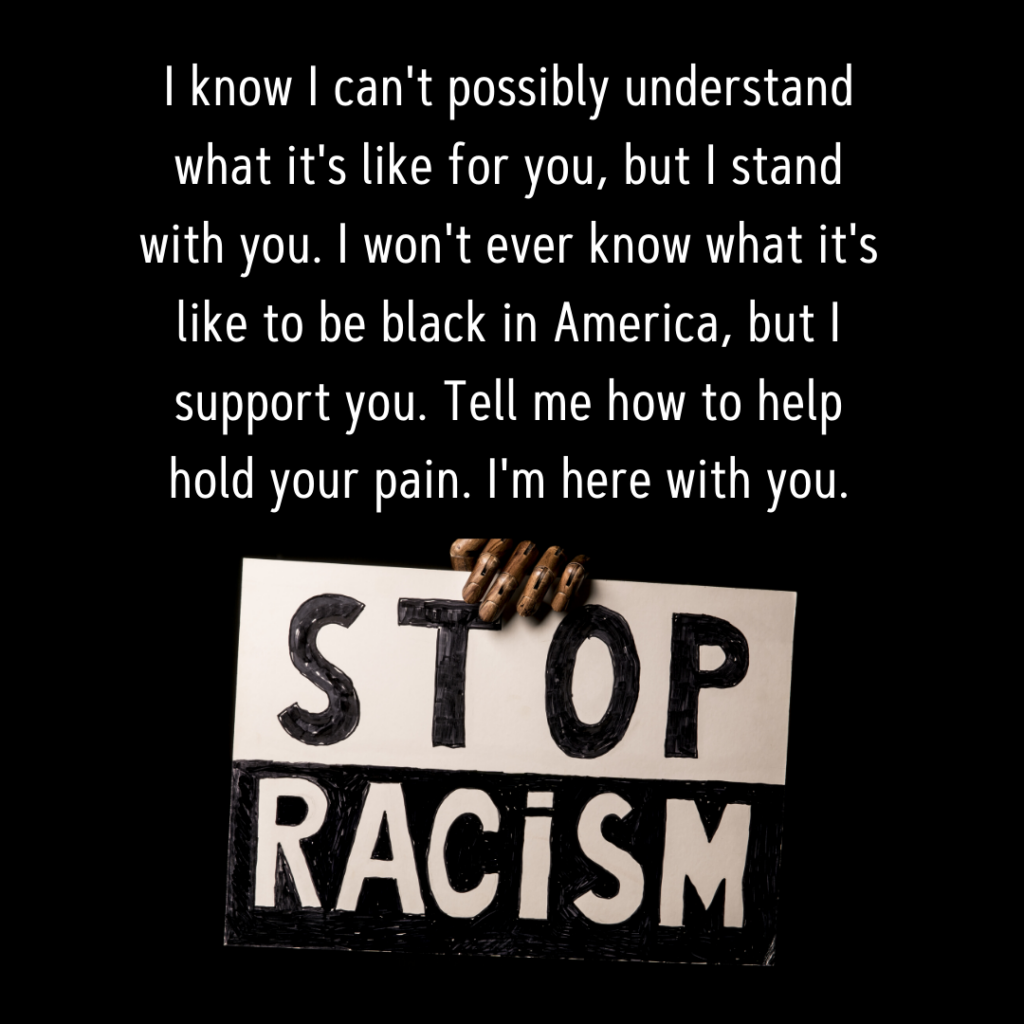
I’ve gotten a few negative comments about having written LGBT characters into my books. If I’m honest I guess I wasn’t surprised.
Without spoiling too much, the main character, Kayleigh, has a diverse group of friends, including a gay male and a trans female. She also has a Jewish friend and a Chinese friend, and she herself is half Hispanic. The book I’m currently writing has a Muslim girl.
Why do I write a diverse cast of characters?
I write a colorful group of friends because I grew up and live in the planned community and culturally diverse area of Columbia, Maryland. I enjoy speaking to people of different races and cultures on a daily basis. Sometimes I forget that not everyone can hang out with their neighbors and have seven languages represented. On my cul de sac alone we can speak Spanish, Russian, Mandarin, Korean, English, Hindi, and Farsi.
I also see LGBT+ individuals on a daily basis, and I am happy to live harmoniously with them. There is a gorgeous African-American trans woman who works in the Columbia Mall, an elderly trans man who shops in the Target (I LOVE Target), several trans males who work the Long Gate Shopping Center in Ellicott City, and too many gay and lesbians to list. To me, they are as typical a part of life as any Cisgender heterosexual.
Our small rainbow melting pot.
I don’t know the story of all my diverse neighbors, and I’m sure many of them have experienced discrimination. I hope that my neighbors from other countries, my friends of all races and religions, my husband from Venezuela, and all the LGBT community feel welcome and safe. Sadly I know that might not be true.
Let’s make a promise.
There are several websites that are offering diversity challenges, such as this one on Platypire. The idea is you sign up and list the books with diverse characters that you read. Or find #DiverseReads2016 here.
I promise that I will continue to write diverse characters, and I challenge all of you to read more books with diverse characters!
I’ll admit that I was bullied in the fifth grade.
I had just moved from upstate NY down to Maryland, and my clothes, accent, and vocabulary were different enough I got noticed. And not in a good way.
The girl made fun of me every day, called attention to my giant suitcase-like book bag, my jogging pants, and my kitty sweat shirts. She got a whole classroom of people to laugh at me. It’s 30 years later and I still remember it happening like it was yesterday.
Embarrassment. Anxiety. Shame.
My mom finally intervened and called her mom to get it to stop. I wish I’d been more self-confident or self-aware or self-something that would have let me stand up to her without my mom having to get involved.
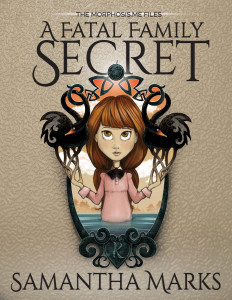 I looked up the current statistics, and over 60% of the teens where I live, in Howard County, Maryland, have been bullied, according to http://standuphoco.org/. In Maryland, 52,790 teen were electronically bullied through email, chat room, instant messaging, websites, or texting, as reported by http://www.stopbullying.
I looked up the current statistics, and over 60% of the teens where I live, in Howard County, Maryland, have been bullied, according to http://standuphoco.org/. In Maryland, 52,790 teen were electronically bullied through email, chat room, instant messaging, websites, or texting, as reported by http://www.stopbullying.
I finally stood up to the bully. Maybe not in reality, because we’re now middle-aged (although she only lives a mile away), but I figured out a way to help other tweens & teens stand up to their bullies. I wrote a novel where the main character learns all the things I didn’t, and she does what I couldn’t.
Have you ever been bullied?
Read the prologue for free at http://morphosis.me/
Often we dream about changing something in our lives. “I want to lose ten pounds,” “I want more friends,” “I want to improve my math grade.” The problem usually is that we are impatient. (I know I am!) We want what we want when we want it, and are not willing to wait and put in the hard work.
When we focus just on the end goal it can be overwhelming and frustrating. “It’s too hard!” is something that we frequently say, and we give up before we’ve eaten started.
By breaking down a large goal into small, easily attainable (or achievable goals) when can feel a sense of satisfaction at each step along the way, and avoid thinking too far into the future. Staying in the present moment and the small task at hand keeps us focused, motivated, and moving towards the bigger goal.
For example, if I want to lose ten pounds (which I do) I need to focus on small goals, such as cutting out soda, getting twenty minutes of exercise three times a week, and watching my portions. If I focus on losing just one pound a week, and making healthy choices, then I’m more likely to reach my goal.
If you think “Ah…that will take over two months!” then remember: haven’t you already had this goal for at least two months? If you’d planned the goal differently the first time, you might already have achieved it!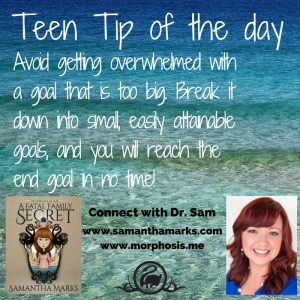
This section of the site is for teens only. More posts are on the way.

